Dear Mountains is a 42-minute work for SATB chorus, solo cello, oud, and percussion (darbuka, frame drums, and riq). Written in nine movements, it juxtaposes stories told and retold in Karen Ouzounian’s family with scenes of music-making across the Armenian diaspora over the last 100 years, as seen through archival recordings and writings.
Sitting in a multi-layered space between memory, archive, and imagination, the piece is not intended to be a comprehensive portrait of the Armenian diaspora or its music; but rather, the flow of Dear Mountains mimics the experience of growing up in a diaspora: a fragmented world full of incomplete personal stories, deeply layered cultural references, and larger currents of historical narratives.
Orphanhood and exile are present throughout—Armenian communities have dispersed and reformed elsewhere, but remain forever tied to a homeland and the mountains they may never return to. Dear Mountains is a piece of memory and archive but also represents an act of present-day imagination, defiance, and survival, channeling an Anatolian Armenian culture that was systematically erased and no longer exists in its indigenous land, yet continues to live and evolve around the world.
Dear Mountains arose out of an attempt to understand how a family’s experiences and stories fit into a wider context of displacement and diaspora. Karen’s grandparents and great-grandparents were born in the Anatolian cities of Gesaria, Akshehir, Marash, and Sepastia, in what is now Turkey, and were among those Armenians who survived the Armenian Genocide of 1915-1917. Karen’s family fled to Lebanon where they formed a new life and community until immigrating to Canada during the Lebanese Civil War in the 1980s.
In combining family stories with a broader evocation of the cultural and emotional life of the Armenian diasporaover the last 100 years, Dear Mountains draws from three types of sources:
1) Scenes of music-making as captured through various archives: an essay depicting Armenian exiles gathering in a Bronx park to listen to Kemany Minas’s haunting 1917 recording of Eghin Havasi; a field recording made in 1939 by Sidney Robertson Cowell in Fresno; a 1927 Columbia Records recording of a father and son from Worcester, MA playing their own violin and piano versions of Anatolian dances; and the recorded voice of the composer and priest Komitas singing HovArek Sarer Jan in the Ottoman Empire before the genocide.
2) Interviews with Karen’s maternal grandmother, Sirvart, and father, Zareh, as they describe life and choral singing in Beirut. In movement eight, an additional story is revealed: a 100-year old family story about Sirvart’s grandfather, Mihran, that she keeps returning to in her later years.
3) Finally, Dear Mountains includes imagined versions of Anatolian Armenian dances, which take traditional rhythmic and melodic modes as a starting point for contemporary inventions. These dances draw inspiration from the Kef tradition that flowered in the Armenian American community, who played music of merriment and joy as a response to overwhelming sorrow and trauma.
Read: Lembit Beecher on his cello concerto for Karen Ouzounian
Listen: The Strad Podcast Episode #41: Ani Aznavoorian on Armenian music
DEAR MOUNTAINS
Composed by Karen Ouzounian & Lembit Beecher
Commissioned by Cantori New York
Premiered on November 22nd and 23rd, 2024 at Church of the Holy Apostles, NYC
Featuring:
Cantori New York
Karen Ouzounian, cello
Ara Dinkjian, oud
Philip Mayer, percussion
Mark Shapiro, conductor
Filmed on 23 November 2024
Audio: Swan Studios NYC Video: Jacob McCoy / Richard Berg
The number one source for playing and teaching books, guides, CDs, calendars and back issues of the magazine.
In The Best of Technique you’ll discover the top playing tips of the world’s leading string players and teachers. It’s packed full of exercises for students, plus examples from the standard repertoire to show you how to integrate the technique into your playing.
The Strad’s Masterclass series brings together the finest string players with some of the greatest string works ever written. Always one of our most popular sections, Masterclass has been an invaluable aid to aspiring soloists, chamber musicians and string teachers since the 1990s.
The Canada Council of the Arts’ Musical Instrument Bank is 40 years old in 2025. This year’s calendar celebrates some its treasures, including four instruments by Antonio Stradivari and priceless works by Montagnana, Gagliano, Pressenda and David Tecchler.




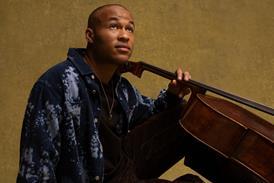




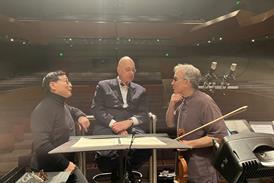


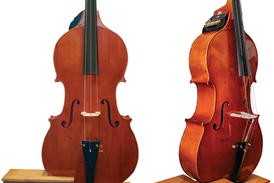








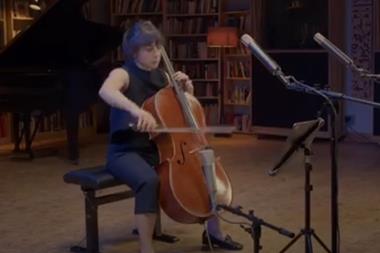
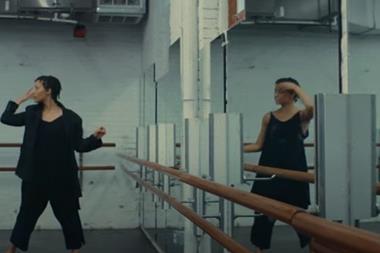
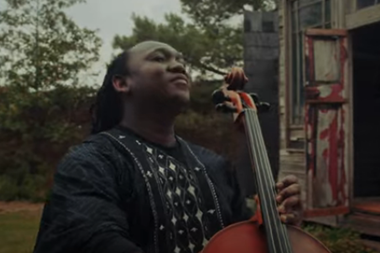
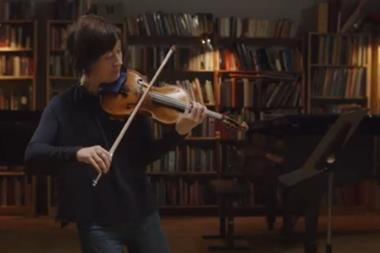
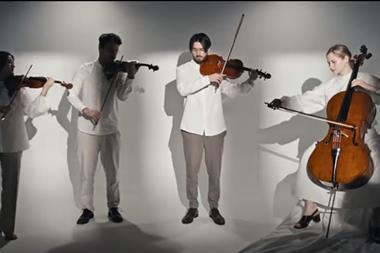












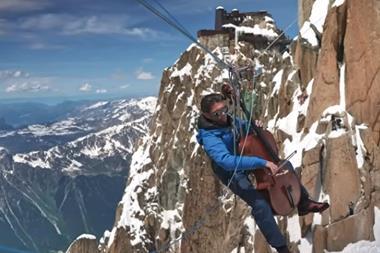
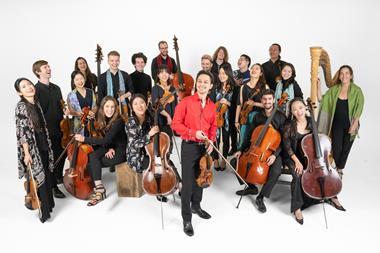

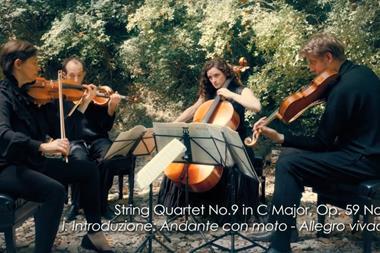












No comments yet